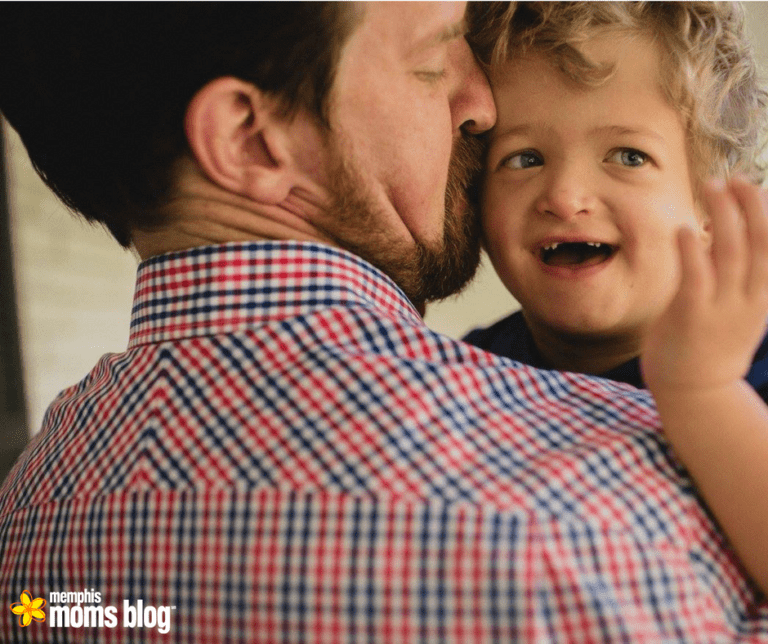The Only Things You Need to Know About Only Children
Only children seem to be an anomaly worthy of gawking, whispers, and rumors. Their parents and guardians are also the subject of whispers – and sometimes directly blatant inquiries – from friends, family, and passersby: “When are you trying for another?”, “I bet that kid is a spoiled brat.”, “Why did you stop at just one?” (I can personally attest to this, since my child may end up an only, and I have considered all of the reasons why she might be.) Really, the only thing they need to know about only children is that it’s none of their business.
About this only child business: let’s start at the beginning. How does someone end up an only child? Let us count the ways (we’ll stop at 2).
- Choice: If you can believe it, people may choose to stop at one. They consciously make the decision to only have one child. Imagine that!
- Circumstance: If you can believe it, which you also probably won’t, people may have personal, medical, financial, and/or cultural circumstances that result in them parenting only one child. Imagine that!
The only thing you need to know about only children is that they are the product of choice or circumstance, just like people who have siblings.

Now, let’s move on to an only child’s upbringing: how is it for the only child growing up? Let us count the ways (we’ll stop at 3).
- It is not lacking whatsoever, so long as that only child has a loving and nurturing environment. Extended family members and friends form the tight-knit network that makes up that child’s world. They are fulfilled through those relationships.
- “The grass is always greener” rings true for only children, just as it does for children with siblings: an only child wants a big brother or a little sister, just as the child in the family of six wishes they didn’t have to vie for their grown-ups’ attention.
- They aren’t necessarily spoiled and incapable of sharing. It’s the grown-ups in the only child’s life that are responsible for any spoiling behaviors, and not all grown-ups give in to an only child’s every whim and whine. Only children will learn to share if they are given the opportunity and taught to do so, just like kids with siblings.
The only thing you need to know about only children is that they have happy childhoods.

Lastly, how is it for an adult who is an only child? Let us count the ways (we’ll stop at 2).
- Adults who are only children may have stronger relationships with their parents. After all, they are each other’s one and only!
- Adults who are only children may carry more responsibility caring for their aging parents. Those only children will likely have more autonomy in decision-making, though. We’ve all heard the stories of families torn apart over medical care decisions and estate planning. Better to go solo on that one if you ask me!
 I can personally attest to all of these things you need to know about only children. I am an only child. My childhood was full of magic. My large extended family, neighbors, and school and church community left me yearning for nothing – not even the siblings I didn’t have. My bond with my parents has always been strong (even through the tumultuous teenage years). Experiencing my mom’s death was no more something I did alone than if I had siblings. It’s a personal process; I was supported by aunts, uncles, cousins, friends, my wife and mother-in-law, and coworkers. My wife is also an only child, and her upbringing and family life mirrors mine. And she definitely isn’t your stereotypical selfish only child. It’s uncertain if my daughter will be an only child, but I know that she will be okay either way.
I can personally attest to all of these things you need to know about only children. I am an only child. My childhood was full of magic. My large extended family, neighbors, and school and church community left me yearning for nothing – not even the siblings I didn’t have. My bond with my parents has always been strong (even through the tumultuous teenage years). Experiencing my mom’s death was no more something I did alone than if I had siblings. It’s a personal process; I was supported by aunts, uncles, cousins, friends, my wife and mother-in-law, and coworkers. My wife is also an only child, and her upbringing and family life mirrors mine. And she definitely isn’t your stereotypical selfish only child. It’s uncertain if my daughter will be an only child, but I know that she will be okay either way.








The worst part about growing up as an only child was the nasty things people would say to me because I was an only child.
That’s all on them, but too bad you had to hear it!
That’s all on them, yet too bad you had to hear it!